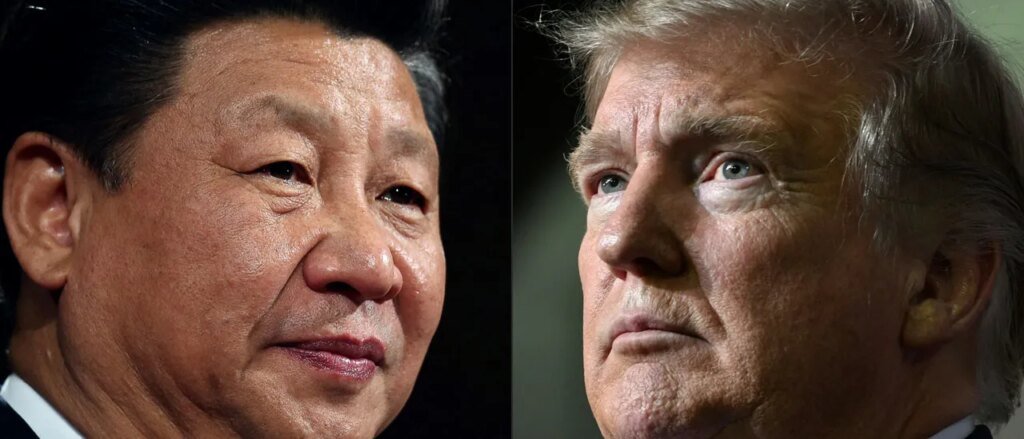China Stands Firm Against US Oil Import Restrictions
China is responding robustly to US efforts aimed at restricting oil imports from Russia and Iran, revealing some vulnerabilities in its trade dealings. On July 29, a warning came from the US that if it continued to purchase oil from these nations, it would impose 100% tariffs on Chinese goods. The response from China’s Ministry of Foreign Affairs was quick, expressing condemnation just a day later. Notably, China relies heavily on imports from Russia and Iran, sourcing approximately 80% to 90% of Iran’s oil exports and importing around 1.5 million barrels per day from Moscow.
“China will always secure our energy supply in a manner that aligns with our national interests,” the Ministry stated on X. It further claimed, “There are no winners in the tariff war. Coercion and pressure will achieve nothing.”
Oil imported into China goes into creating various gasoline-derived products, including gasoline itself, kerosene, and plastics. Given its limited domestic oil reserves, China heavily relies on imports to meet its supply needs. Over the last few years, trading in Russian and Iranian oil has been critical for China’s economic health.
Tom Duesterberg, a senior fellow at the Hudson Institute, mentioned that China is not just consuming this oil; they are also exporting advanced petroleum products globally, beginning to compete with refiners in the US and Europe. He emphasized that they are building a robust chemical industry, which is crucial for their economic infrastructure.
The US has focused on tightening sanctions against Iranian oil producers and their shipping fleet to minimize the flow of gasoline to China and other buyers. While former President Biden maintained these sanctions, the implementation has evidently been lacking, allowing Iran to accrue significant revenue. Congress is currently discussing a bill that could allow for a jaw-dropping 500% tariff on imports of oil, gas, and uranium from Russia.
As of now, there has been no immediate response from either the Chinese Embassy or the US Treasury Department regarding these developments.







